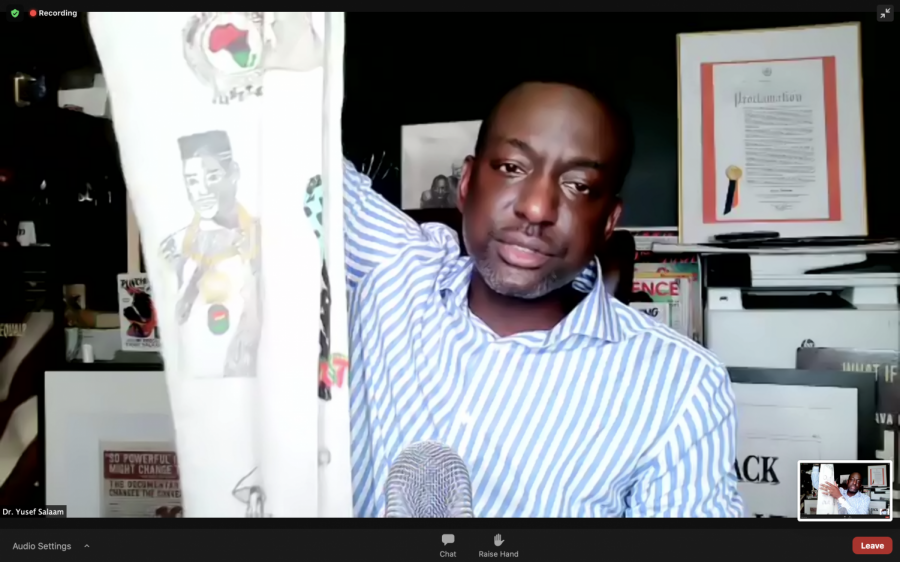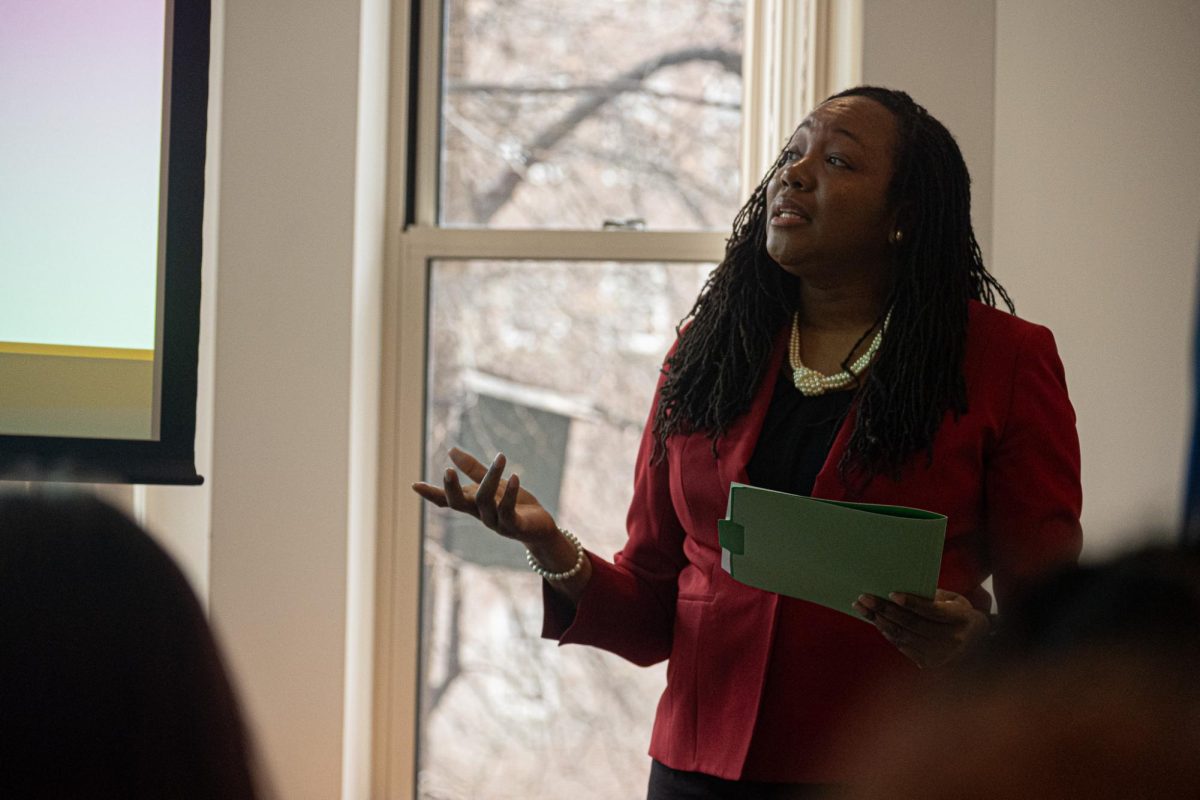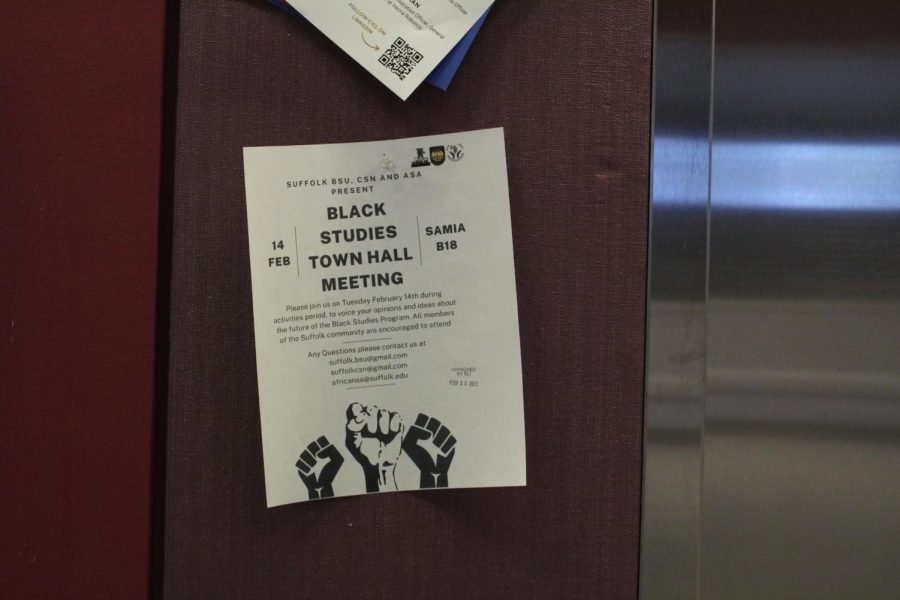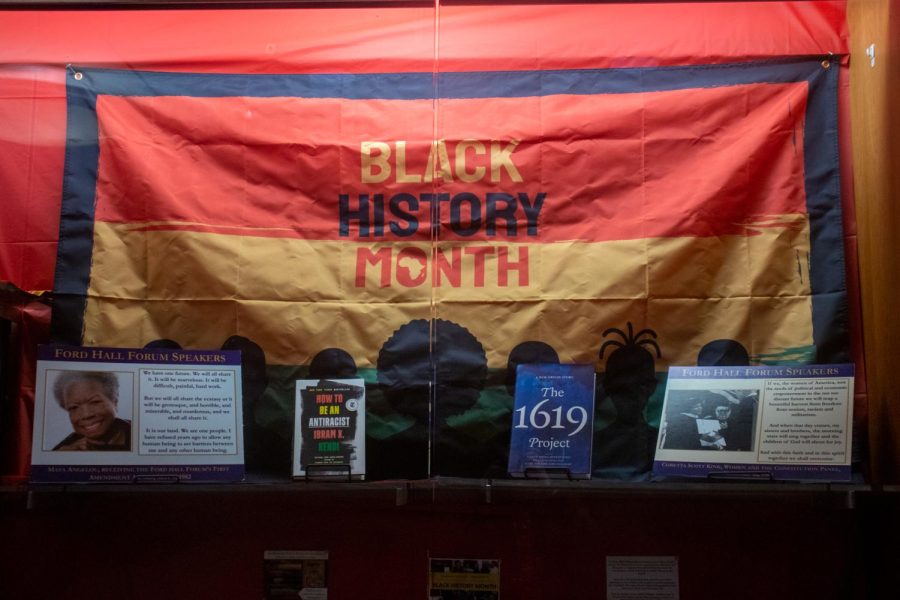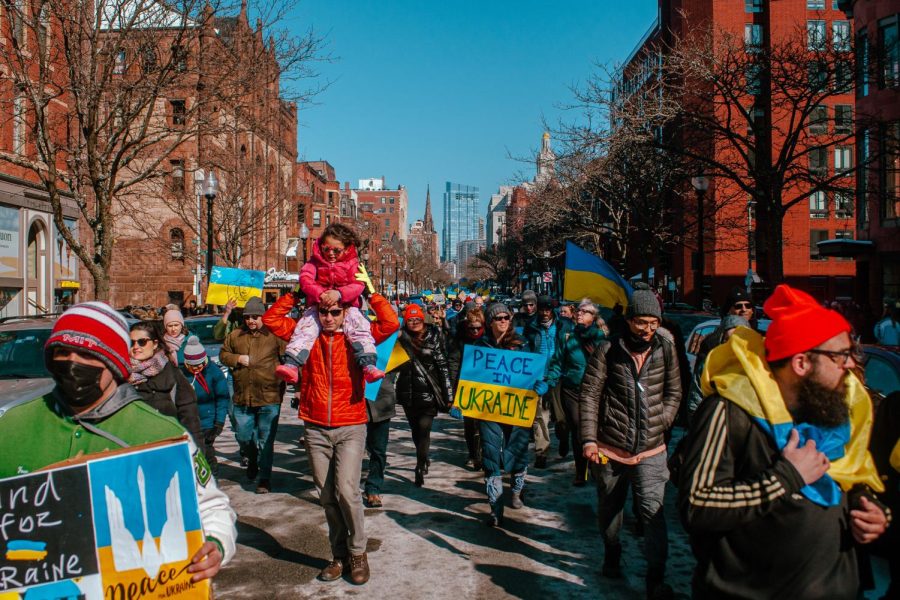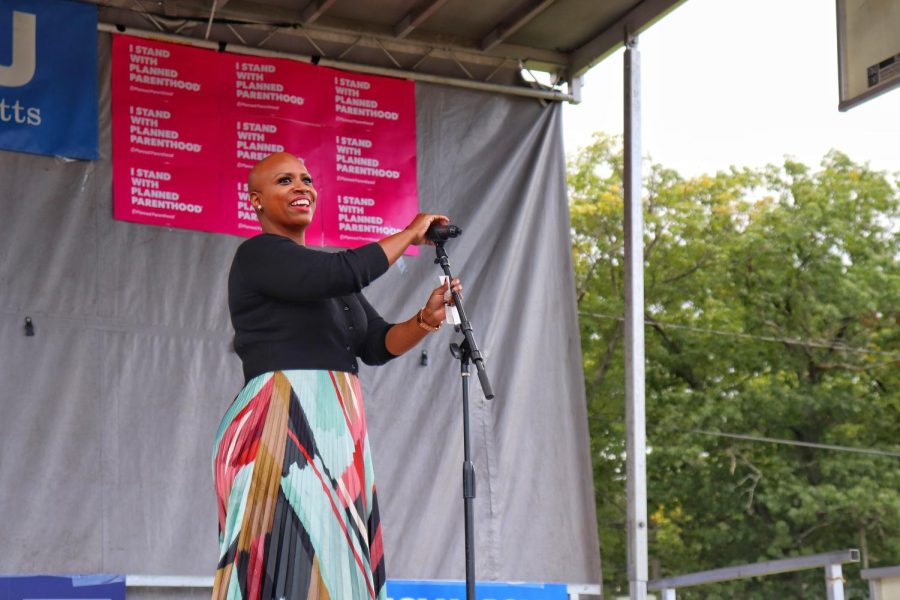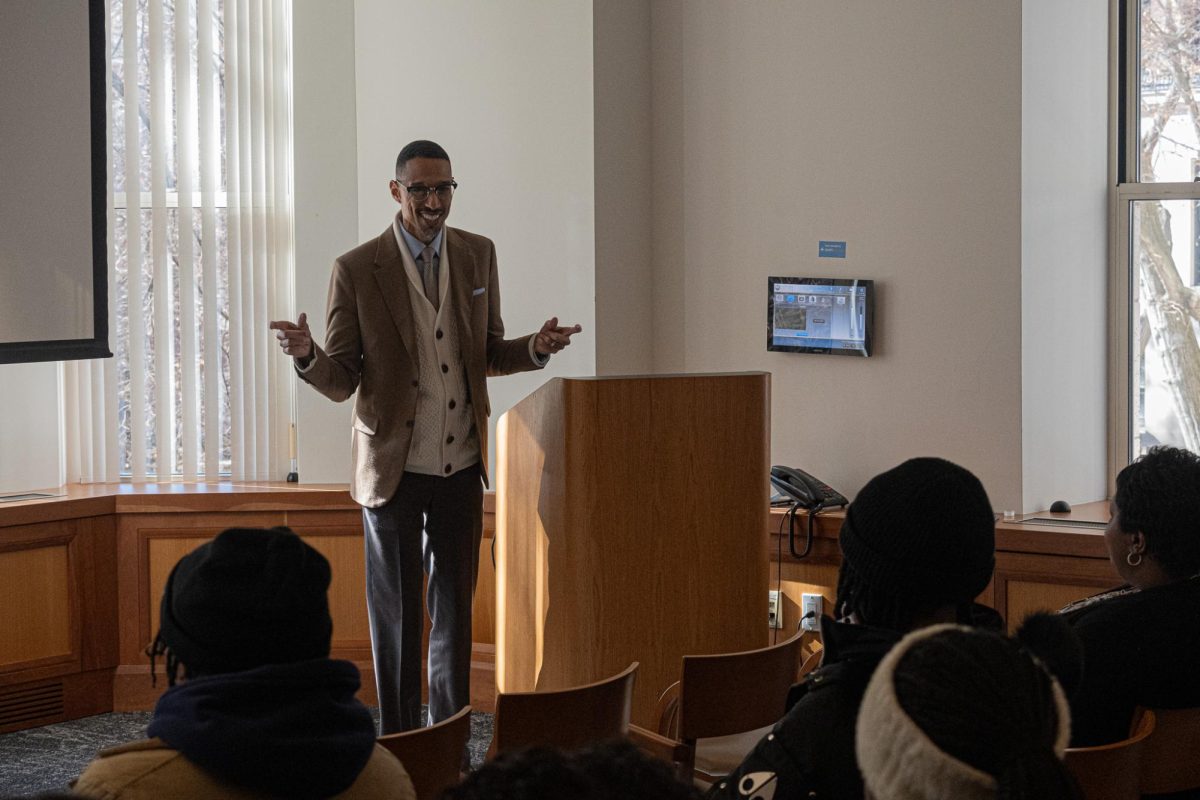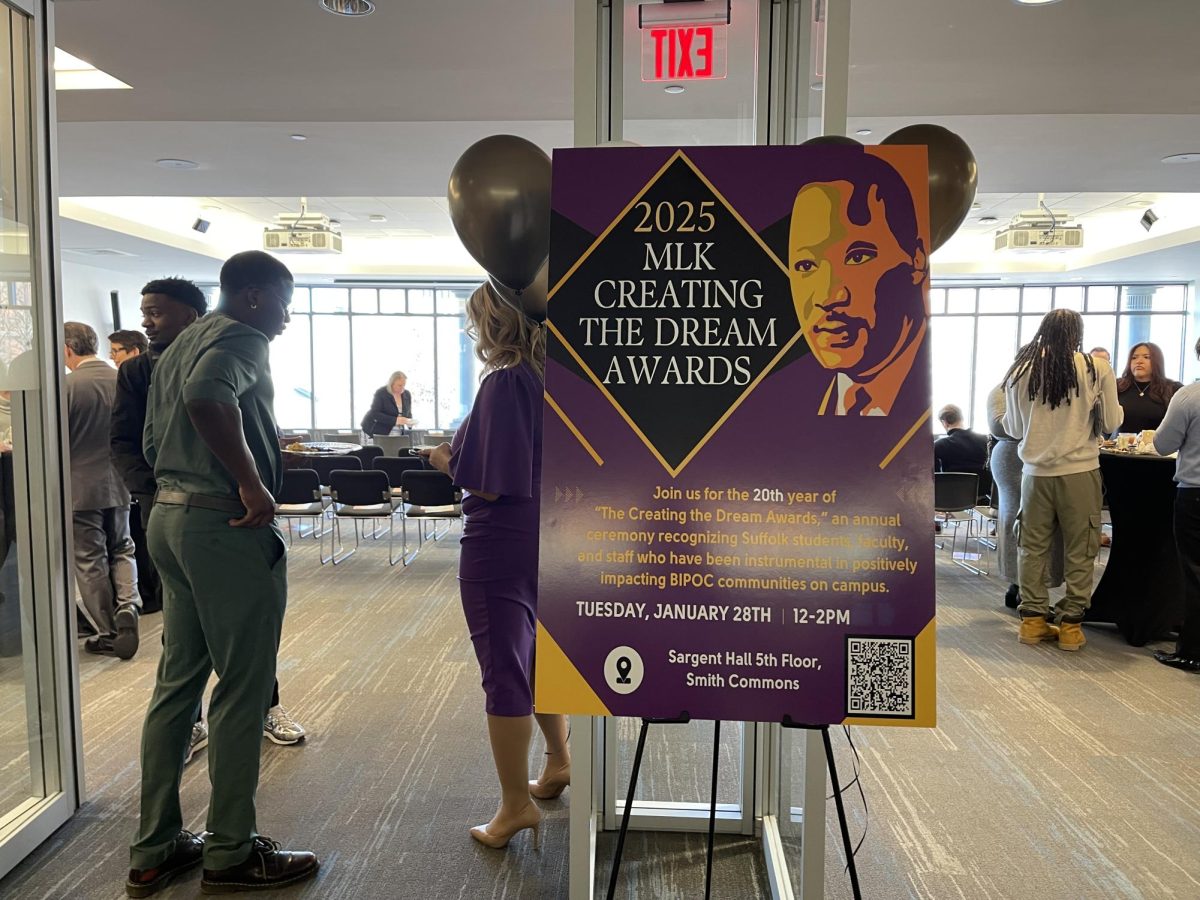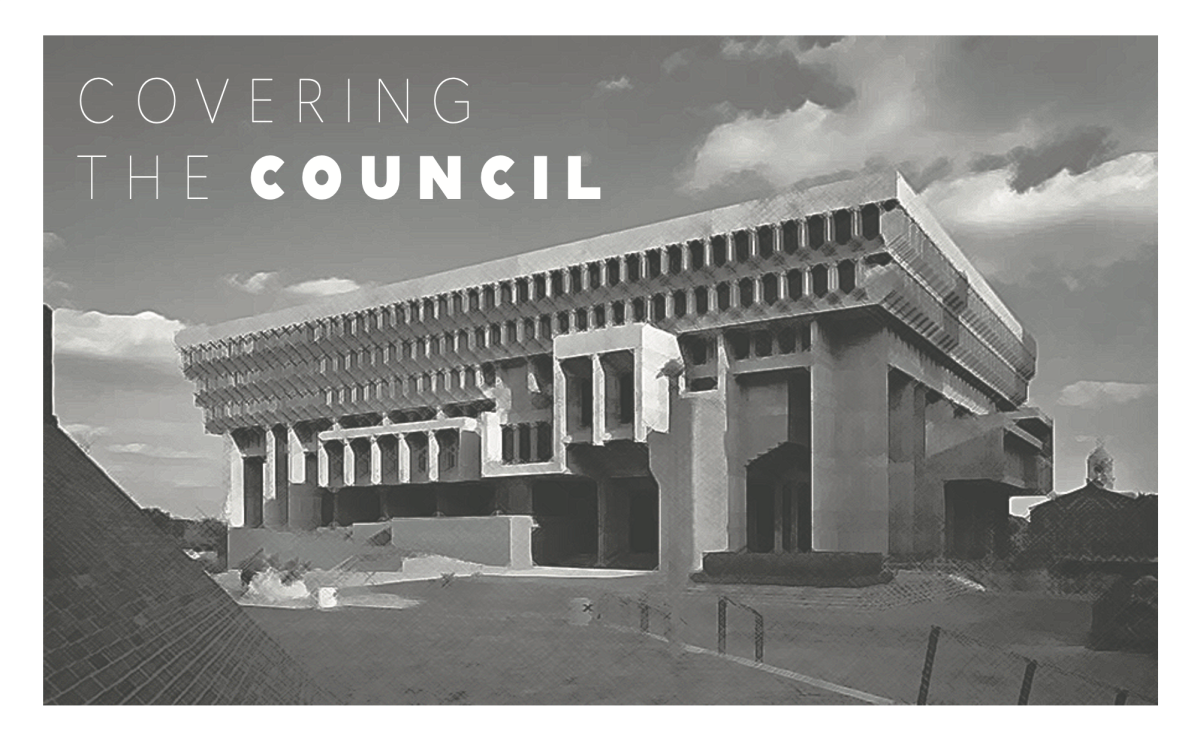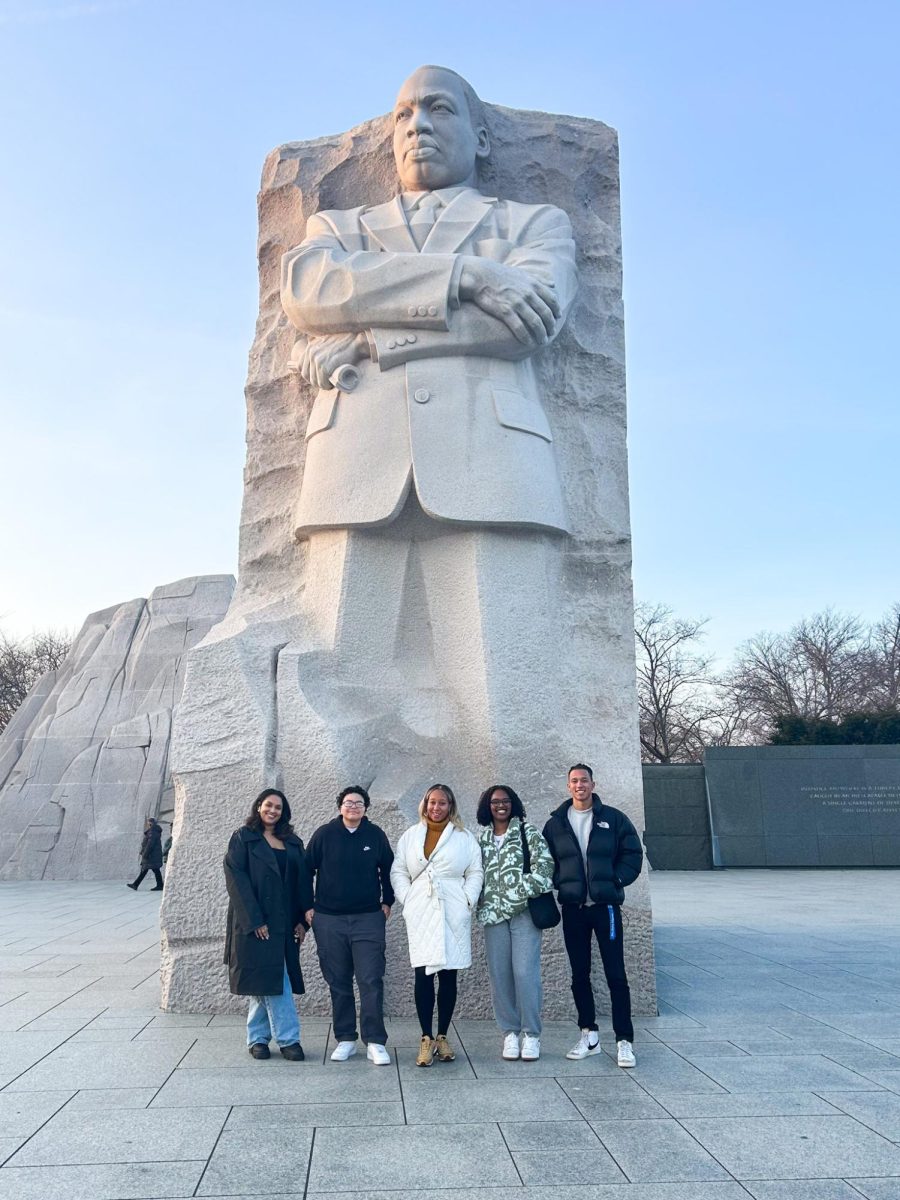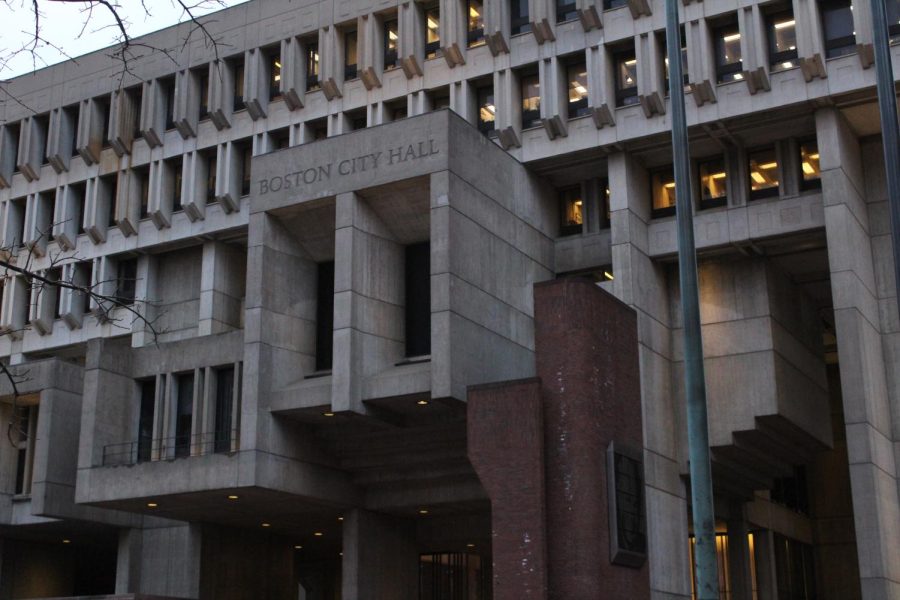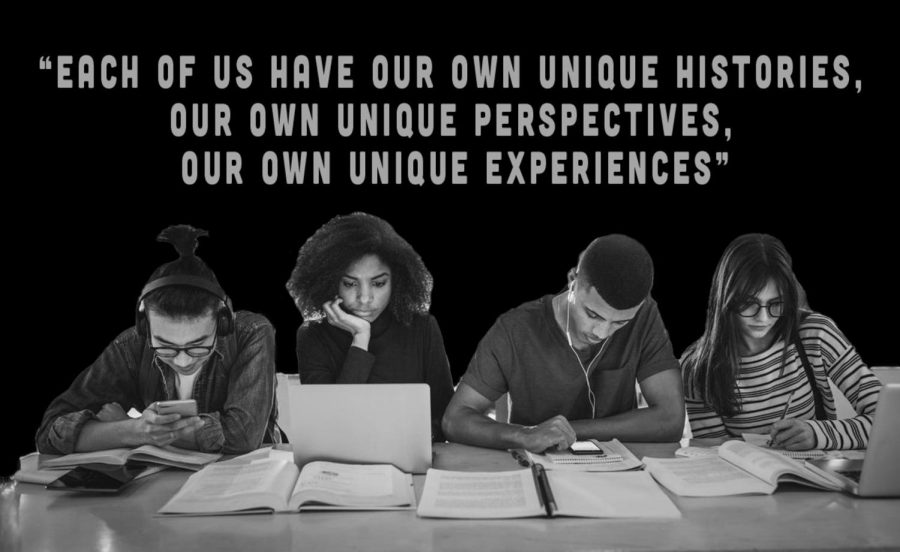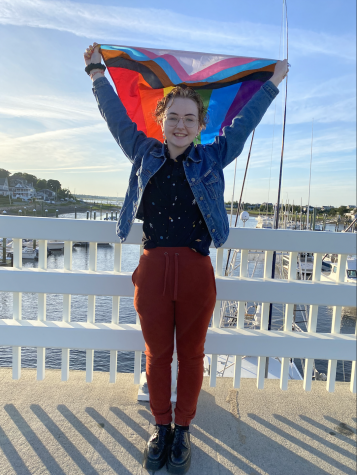Dr. Yusef Salaam, who was wrongfully convicted during the Central Park Five case, spoke to the Suffolk community over a webinar on Nov. 23 about the failing criminal justice system and how it has impacted his life.
“Thirty-one years have gone by and I am still waiting for an apology that is never going to come,” Salaam said. “I have to forgive in order to surgically cut the ball and chain that is holding me back so I can live full and die empty.”
Salaam was one of the five young Black and Latinx men who were charged for attempted murder and rape in the first degree, among other charges, regarding a sexual assault that happened in Central Park in 1989, which none of them were actually involved in.
Police coerced the boys, ages 14 through 16 at the time, for hours without food, water or sleep into confessing for a crime that they did not commit. They were later found guilty and sentenced to various prison terms until they were exonerated by Justice Charles J. Tejada of the New York Supreme Court, who in 2002 granted a motion to vacate the charges from 13 years prior.
The exoneration came after Matias Reyes, who had been convicted for multiple rapes in the past, revealed that he had been the victim’s only attacker. But Salaam’s battle with the criminal justice system wasn’t over once he was released from prison.
“We came home to parole. We came home to having to be registered under the Megan’s List as sexual predators,” Salaam said at the event, which was co-hosted by Suffolk’s Black Student Union and Carribean Student Network. “We came home to a system that told us that even though we had a five to 10, or five to 15 prison bid, that our prison bid would probably go on for the rest of our lives because of the heinousness of the crime.”
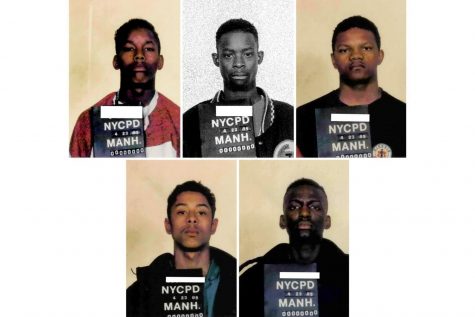
Salaam continued to speak out about the injustices that he faced during and after prison. He also said that voting in the current election is one of the only ways to combat and end systemic racism.
In the late 1980s, current President Donald Trump published $85,000 worth of advertisements alluding to the “Central Park Five,” as they were widely known then, as being deserving the death penalty for their alleged crimes.
“We were accused April 19, 1989. This ad was already created and placed in New York City’s newspapers by May 1, 1989,” Salaam said. “Imagine the apology that we are waiting for. Imagine what would have happened had they brought back the death penalty and police,” he said as he showed the webinar a framed ad in the paper.
Salaam said people who have committed hateful, racist acts can move on from them far easier than the victims of their oppression.
“That type of forgiveness is beautiful, but that type of forgiveness doesn’t always come and what happens is that people that have done you wrong are living their lives and have moved on,” Salaam said. “Donald Trump is not losing any sleep about Yusef. Donald Trump probably doesn’t remember me, much less care. It’s me who has been damaged by his words.”
After being asked several questions on different topics, Salaam talked about his sentencing and the pants that he wore on the day of the sexual assault. Police said at the time that the pants had been covered in the victim’s blood.
However, this was never the case, and the pants have not been washed since that day.
“These pants ain’t got no blood on them, they have artwork all over them,” Salaam said. “When they convicted us, I went from being free to being handcuffed, not being able to hug my parents or my loved ones ever again.”
Salaam spoke to the importance of donating to the Innocence project and continuing to speak out against racial inequalities.
“The system forgot we were seeds. Instead of a social death, we have all emerged like the phoenix in the ashes, because as they built the fire to consume us, they forgot the bringer of the heat.” he said.
Follow Dani on Twitter!@molwebber


